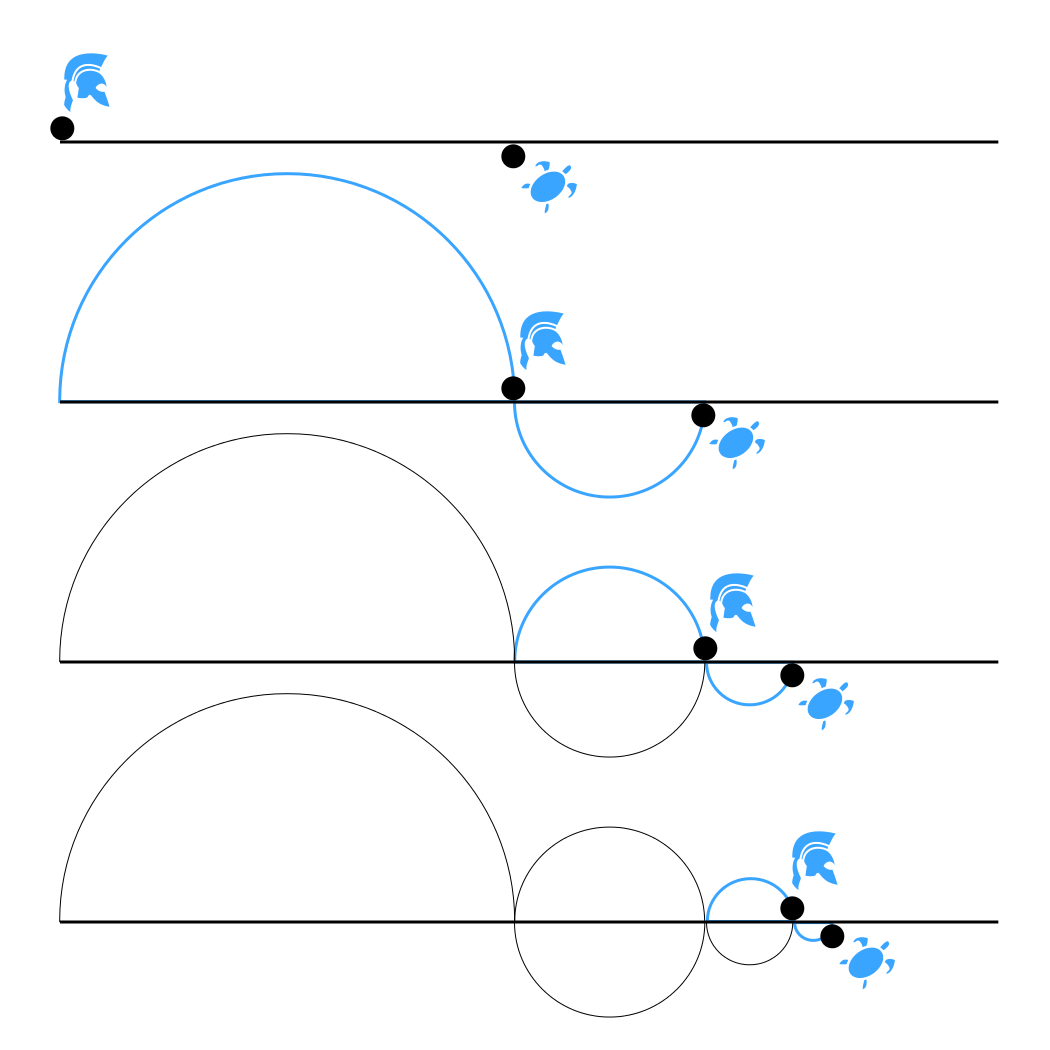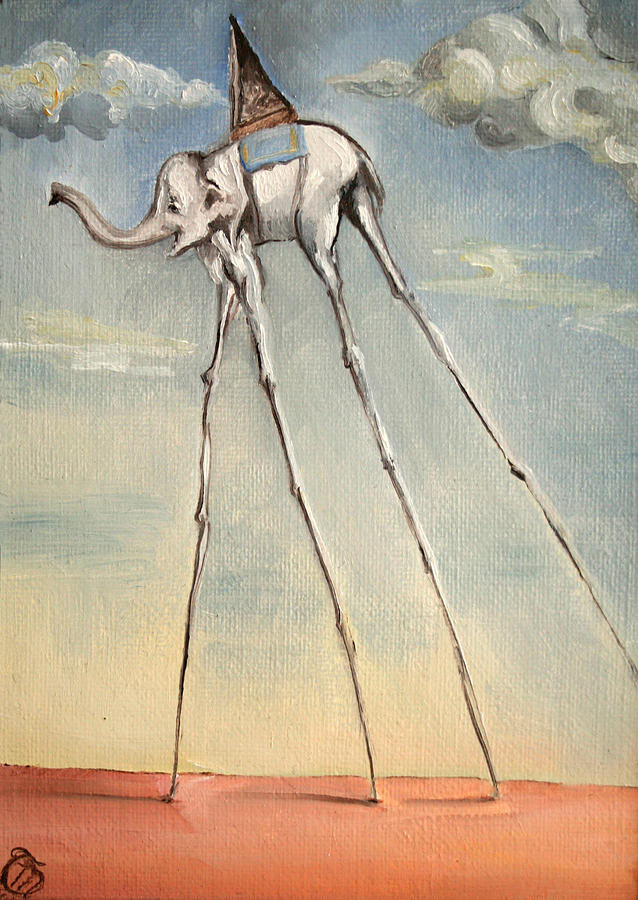Guest wrote: ↑Mon Mar 26, 2018 9:55 pmLogically, if there are galaxies we can see and galaxies we can't, then there is a transition region. It would seem like that region is like an "event horizon". And it's moving faster than the speed of light which may be why you phrased your answer that way. I have found some discussion on this in "Ask an astronomer", to wit: "As a consequence of their great speeds, these galaxies will likely not be visible to us forever; some of them are right now emitting their last bit of light that will ever be able to make it all the way across space and reach us (billions of years from now). After that, we will observe them to freeze and fade, never to be seen again". However that sentence refers to present time, i.e. "right now" whatever that is, whereas if the universe is old enough then there should be some galaxies well in the past whose light is their last light to us. That would seem to be right up to the edge but maybe the universe isn't old enough yet? That discussion was here. http://curious.astro.cornell.edu/about- ... termediate The penultimate paragraph seems to suggest there are some galaxies ready to blink off.Chris Peterson wrote: ↑Mon Mar 26, 2018 7:08 pmYou mean a galaxy that we could see, and then some time later couldn't? No. We can't see that close to the edge of the visible universe (and never will be able to do so using electromagnetic radiation).Cliff Kancler wrote: ↑Mon Mar 26, 2018 7:03 pm
Given that the universe is expanding, has there ever been an observation of a distant galaxy that completely disappeared? Admittedly that is a very long shot but I wonder what might be learned?
- Distant galaxies never die,
Never die, never die,
Distant galaxies never die,
They simply fade away.
They hunted till darkness came on, but they foundhttps://www.quora.com/Will-the-cosmic-microwave-background-radiation-eventually-disappear wrote:
Will the cosmic microwave background radiation eventually disappear?
Frank Heile, Ph.D. in Physics from Stanford University
Updated Oct 1, 2017
<<About the CMB now:
The Cosmic Microwave Background radiation (CMB) is radiation that was emitted when the universe was about 380,000 years old. At the time it was emitted the radiation was black body radiation at a temperature of about 3000 K. Today that same radiation has a black body temperature of about 2.725 K. The ratio of those two temperatures is about 1100 and this is, in fact, the factor by which the linear size of the universe has expanded between 380,000 years after the big bang to now (13.8 billion years after the big bang). So, since this expansion will continue into the future, the temperature of the CMB will continue to fall - asymptotically approaching absolute zero - but never quite reaching 0 K. So, let's call this decrease in temperature a form of “dissipation” of the CMB.
How the CMB will change in the future:
We are entering an era where the universe will accelerate the expansion rate. To be specific, the universe will double in size every 8 billion
years (or so) from now on. This means that the z factor of 1100 mentioned earlier will double every 8 billion years. Now a doubling of z
will mean that the energy of each photon will decrease by a factor of 2 and the energy density of the CMB will decrease by a factor of 8 every 8 billion years! So let’s figure out when the wavelength of the CMB photons will begin to exceed 1 light−year. This is significant because you need an antenna to be approximately the size of the wavelength (or larger) to detect the energy of a single photon of radiation. Effectively, the CMB radiation will be undetectable if its wavelength is 1 light−year. Right now the wavelength of the CMB radiation is about 1 mm. So, in “just” about 500 billion years the CMB will have a wavelength of 1 light year and will be essentially undetectable.
So, although the CMB will never disappear from a theoretical point of view, from a practical point of view the CMB will be completely undetectable 500 billion years from now.>>
Not a button, or feather, or mark,
By which they could tell that they stood on the ground
Where the Baker had met with the Snark.
In the midst of the word he was trying to say,
In the midst of his laughter and glee,
He had softly and suddenly vanished away—
For the Snark was a Boojum, you see.


